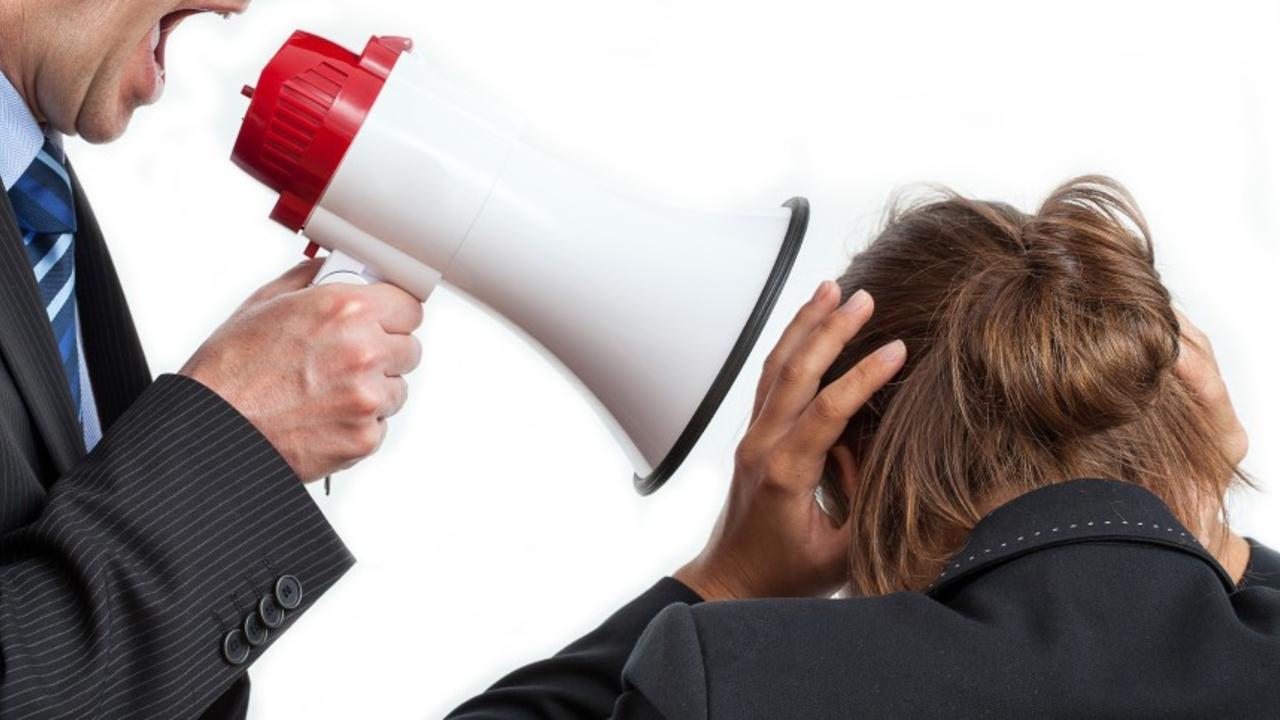Why so many employers side with abusers — and the consequences for them

Let's face it: abusers at work rarely face consequences for their abusive behaviors. More often than not, targets get dismissed, discounted, or flat-out ignored, which of course sides with abusers. Top-level executives most often support higher level managers in the name of preserving their team to work in the direction of their company goals and preventing liability by admitting fault.
But in choosing to support abusers and leave targets unprotected, employers actually work against their own self-interests. When they fail to hold abusers accountable, employers create an increasingly toxic culture, emboldening abusers and sending their top performers to their competitors.
Sadly, many employers protect abusers by either ignoring complaints or conducting sham investigations, having no interest in correcting a problem that doesn't serve them in the long-term.
Take Your Dignity Back
If you feel like you’re stuck in a big rut that’s destroying your life, learn how to reverse the damage...
Why don't workplace bullying targets matter? An advocate asks why nothing is being done

I spend my days researching for anything to help me fight "city hall." Today I came across this article: "Workplace bullying remains in the shadows." While my story falls under many different terms, bullying it high on the list.
Per the EEOC, you HAVE to prove your harassment is due to race, color, religious creed, national origin, sex, sexual orientation, age, ancestry, or protected whistleblower status. How would someone know WHY they are being harassed/bullied? Yet to get any help under The Civil Right Act, a victim HAS to prove it was for a one of the reasons listed.
Huge corporations almost always have an ethics policy, and part of that policy is keeping employees in a safe work environment. If it is a public company, you have investors to be accountable to, too. Everyone from the CEO to the janitor has to adhere to that policy. In my case, we have to sign and acknowledge it. Yet, who is holding the company accountable for the ethical treatment of the employees by the company?
...A Commonwealth employee waits for consequences for her workplace bully almost a year later

I had worked in state government for about 18 years after having graduated from Boston College with a BS and an MBA from Bentley College.
I had been given a supervisory role within an IT group. Three months later, my director got transferred to another group, and another employee got promoted to be the director of my group.
I thought it was just a personality conflict at first. He started subtly criticizing everything I would do. He made me doubt my ability to do my job. He would ask me to do research, and then when I approached for clarification, he would say he didn’t tell me to do that. He would dictate how I supervised my team of 11 people and insisted on approving every request for vacation. Although I wrote out the performance appraisals for my team, he would not allow me to give the grades I thought were deserved. I was not allowed to put that anyone “exceeded expectations,” only “meets expectations,” even though I disagreed that some deserved the higher comment. In August of ...
How a new boss drove an advocate to suicidal thoughts

I am a former employee of nine years of a nonprofit serving individuals with disabilities. I assisted developmentally delayed adults in their homes to become more independent in the community and their home.
The bullying began after some shift changes. At the same time, we got a new residential manager. My bully, an older woman, wanted things done her way and when she said. Since I worked in a different way, she didn't like me. I worked a 36-hour week by myself most of the time. I went to working with her on two of those days, a total of eight hours a week.
She also had a fellow employee who worked at the home who she was friends with. She would call her during our shifts to complain about me, saying I was lazy, did nothing, and played games with the ladies. (The reason: she did all the work. When I asked what I could do to help, she'd say "oh, you're fine, dear" in a sweet voice.) The fellow friend employee usually relieved me at 12am and would be less than kind or quiet and ignore ...
Study shows that workplace bullies feel entitled and not accountable

We know workplace bullying can harm a target’s health, leading to such issues as anxiety, depression, post-traumatic stress disorder, and even suicide. But what about the bullies? Publishing their findings in the October 2016 Journal of Business Ethics in “Victim and Culprit? The Effects of Entitlement and Felt Accountability on Perceptions of Abusive Supervision and Perpetration of Workplace Bullying,” researchers focused on the problem — what makes a bully bully. They determined that bullies feel less accountability and more entitlement than those who don’t bully. “There’s an indirect relationship between entitlement and coworker bullying through perceptions of abusive supervision that is stronger for employees who report lower levels of felt accountability than employees who report higher levels of felt accountability,” said the researchers.
Take Your Dignity Back
If you feel like you’re stuck in a big rut that’s destroying your life, learn how to reverse the damage.
Right now,...
